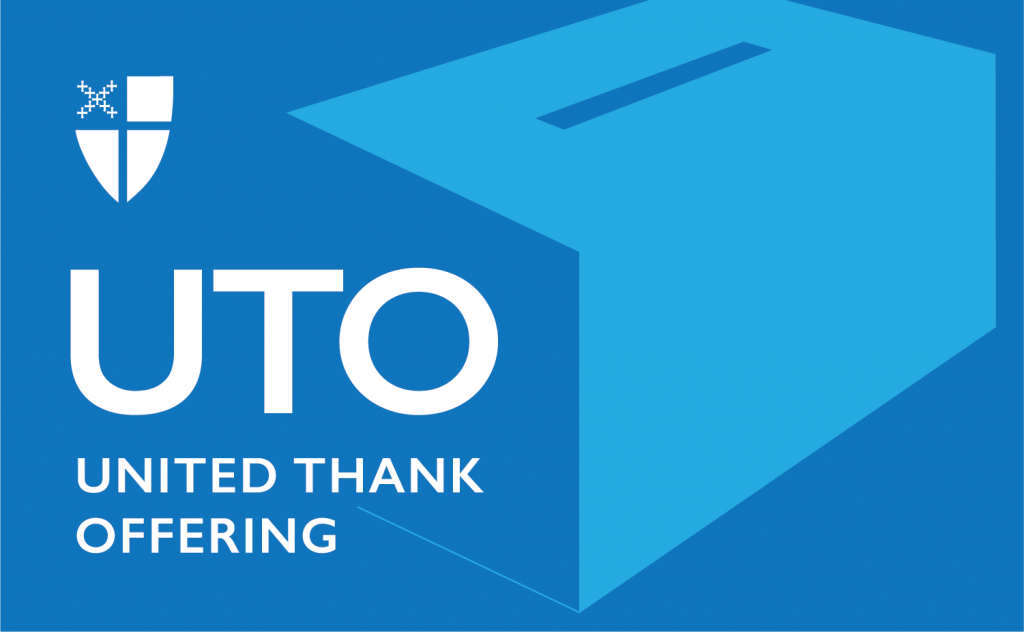Journey to Palestine
For this article of my “Journey to Palestine” series, I’ll be sharing a bit about the grant sites we visited in Ramallah, West Bank: the Arab Episcopal Diabetes Clinic and the Episcopal Technical and Vocational Training Center.
The Arab Episcopal Medical Center sits in the same lot as St. Andrew’s Episcopal Church on bustling Main Street in Ramallah, which is essentially considered the administrative capital of Palestine. The Medical Center includes the Diabetes Clinic, a more specialized medical concentration focusing on diabetes and cardiovascular health, but the center’s rotating physician system allows the clinic to provide holistic care to a broad range of patients. With the help of UTO, the clinic has been able to renovate its space and purchase an echocardiogram (echo) machine to strengthen its list of services. Walking through the clinic, I could tell the staff was very proud of the care they could provide to their community. Diabetes, I’ve learned, is a major issue in Palestine, and the clinic is able to meet those needs and keep the community healthy. A theme that resonated throughout my journey was that, even in the midst of conflict and oppression, medical (and educational) institutions like the Arab Episcopal Medical Center have been able to provide high-quality care regardless of ability to pay, and I never stopped being amazed by that.
We spent the rest of our time in Ramallah at the Episcopal Technical and Vocational Training Center, where young adults can learn IT or hospitality skills. In 2002, UTO awarded a grant of $30,000 to purchase the computer equipment for the school. The center has since upgraded some of the computers, but the original ones are still used by students learning how to take apart and rebuild the equipment. This might’ve been one of my favorite sites to visit, and you’ll know why soon enough. The vocational school fills a need in Ramallah to give young adults a trade education at a time when higher-level formal education isn’t doing much to provide greater opportunities in Palestine. With a trade skill like IT or hospitality, young adults have expanded access to jobs within their own communities. Of course, much like in the United States, there is a stigma that trade education is less valuable than higher academic education. But graduates from the Training Center have been placed in well-paying, in-demand jobs, proving that it’s a necessary piece of the community providing a future for students who need to see hope realized in their lives.
OK, so why was this site probably my favorite? Because we had an AMAZING lunch prepared and served for us by the hospitality students. In addition to delicious hors d’oeuvres and the SMOOTHEST hummus I’ve ever had in my life, we were treated to a traditional Palestinian dish called maqluba, which is a chicken, vegetable, and rice dish prepared in a large pot and flipped upside-down onto a platter. Every part of the meal was cooked to perfection; I barely had room for dessert! Almost a month later, I still dream about maqlubaand would love to attempt to make it myself.
After our generous lunch, we toured the facilities, which included a beautifully renovated commercial kitchen. The director of the school and our tour guide, Giovanni (who commutes through a checkpoint every day to get to and from the school), radiated the pride everyone there takes in the center’s programs. The meal alone sold me on the quality of the vocational education, but throughout our tour, you could tell that so much has been invested in providing these students with training that will build their confidence and make a difference in their lives, and I’m grateful UTO has been part of that work.
Keep following our monthly e-newsletter for more stories about our grant sites in the Diocese of Jerusalem!

